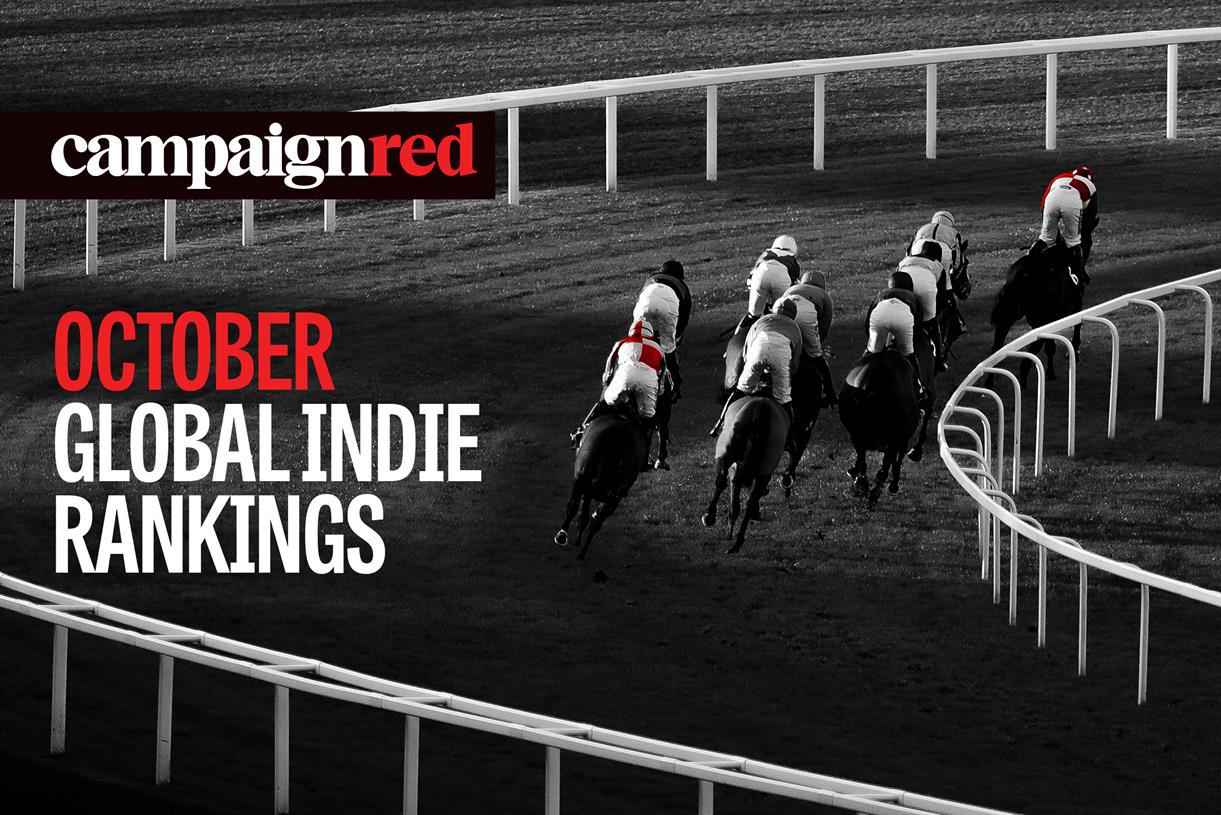Ozone's Expansion in the U.S.
The publisher alliance Ozone is experiencing rapid growth in the United States. It has recently signed major U.S. publishers such as the Wall Street Journal, New York Post, the BBC (US), and CNN, and is now intensifying its efforts to attract advertisers from the buy side.
Originally launched in 2018 as a pure inventory play with stakeholders including The Guardian, News UK, The Telegraph, and Reach, Ozone has evolved into a comprehensive audience-connection platform. It maps audience content consumption patterns across its publisher network, providing a unified view of readers' behavioral data.
To date, this model has driven over £400 million ($532 million) in incremental spend back into the U.K. publishing sector and established strong ties with major agency groups, according to Ozone.
Scaling Up Stateside
To support its ambitious growth, Ozone is expanding its U.S. operations. CEO Damon Reeve announced plans to increase the U.S. headcount from 10 to 50 next year, with new hires in Chicago aimed at deepening relationships with agencies and brands. While Ozone has had a U.S. presence for years through its original global stakeholders, it is now building a roster of U.S.-first media brands rather than U.K.-first ones.
Why Ozone Succeeded Where Others Failed
In a landscape where other publisher alliances have quickly dissolved, Ozone has endured. For instance, the Associated Press-run NewRight (2012-2014) fizzled due to slow uptake and strategic misalignment among publishers. Similarly, Pangea (2015–2019), involving CNN, The Guardian, the Financial Times, and Reuters, struggled with scaling across diverse business models and technology stacks, leading partners to refocus on individual strategies.
Ozone's success stems from its evolution beyond a simple inventory play. It now offers a technical layer that includes a publisher-consented first-party data map of audience reading habits across its titles. This capability is highly attractive to advertisers and something individual publishers cannot provide on their own.
Hannah Buitekant, chief commercial, digital and strategy officer at the Daily Mail (which joined Ozone in 2023), emphasized that Ozone's data-led offering helps pull investment into publishing, driving incremental revenue. She noted its role in competing for digital platform budgets, especially amid the relentless growth of investment in social channels.
Future Evolution and AI Licensing
Reeve highlighted the platform's potential to evolve further in response to publisher needs. A key challenge is the lack of scale for negotiating with large language models (LLMs) regarding content licensing. He suggested that Ozone might eventually collectively negotiate with LLMs on behalf of publishers to prevent fragmentation and disintermediation, drawing lessons from past failures in digital advertising.
Reeve stressed the importance of a unified position in the face of AI advancements: "It's really important that that aligned position and sense of community plays a leading role, and we're not reactive to what others do."
Publisher Collaboration: 'Gang Up on the Predator'
On September 25, Ozone hosted its CTRL event in New York, where publishing executives discussed shared challenges under the Chatham House Rule. A central theme was the importance of collaboration in a tough market environment.
Publishers outlined priorities such as launching new brand campaigns, diversifying traffic sources, developing regional editions, and growing non-advertising revenue through events and custom content. The disruptive effects of AI-powered search engine overviews made diversification a pressing concern.
The discussion emphasized collective advocacy to amplify publishers' credibility with advertisers and policymakers. One publisher-side source remarked, "Publishers have always been treated as slow-moving herbivores by ad tech and Big Tech. So either you can, as an individual publisher, grow some teeth and decide to take on a fight, or get some friends right, and gang up on the predator."
Ideas included exploring performance-based buying for smaller advertisers and presenting a unified message about publishers' value. Past collaborations like Hulu and Prebid were cited as examples where external facilitation and focus led to success.
Speakers noted the need for careful structuring to avoid perceptions of collusion, with legal oversight being essential. One participant urged, "Guys, stop worrying about colluding. The DOJ just gave Google a free pass on search. You all get together and say, 'We want to take over all of the interface with the demand side.'"
Participants argued that the buy-side would welcome a realistic alternative to Big Tech, noting that Ozone's combined U.S. daily audience exceeds 100 million people. Collaboration, if executed within legal boundaries, could strengthen publishers' role in the digital economy.






Comments
Join Our Community
Sign up to share your thoughts, engage with others, and become part of our growing community.
No comments yet
Be the first to share your thoughts and start the conversation!